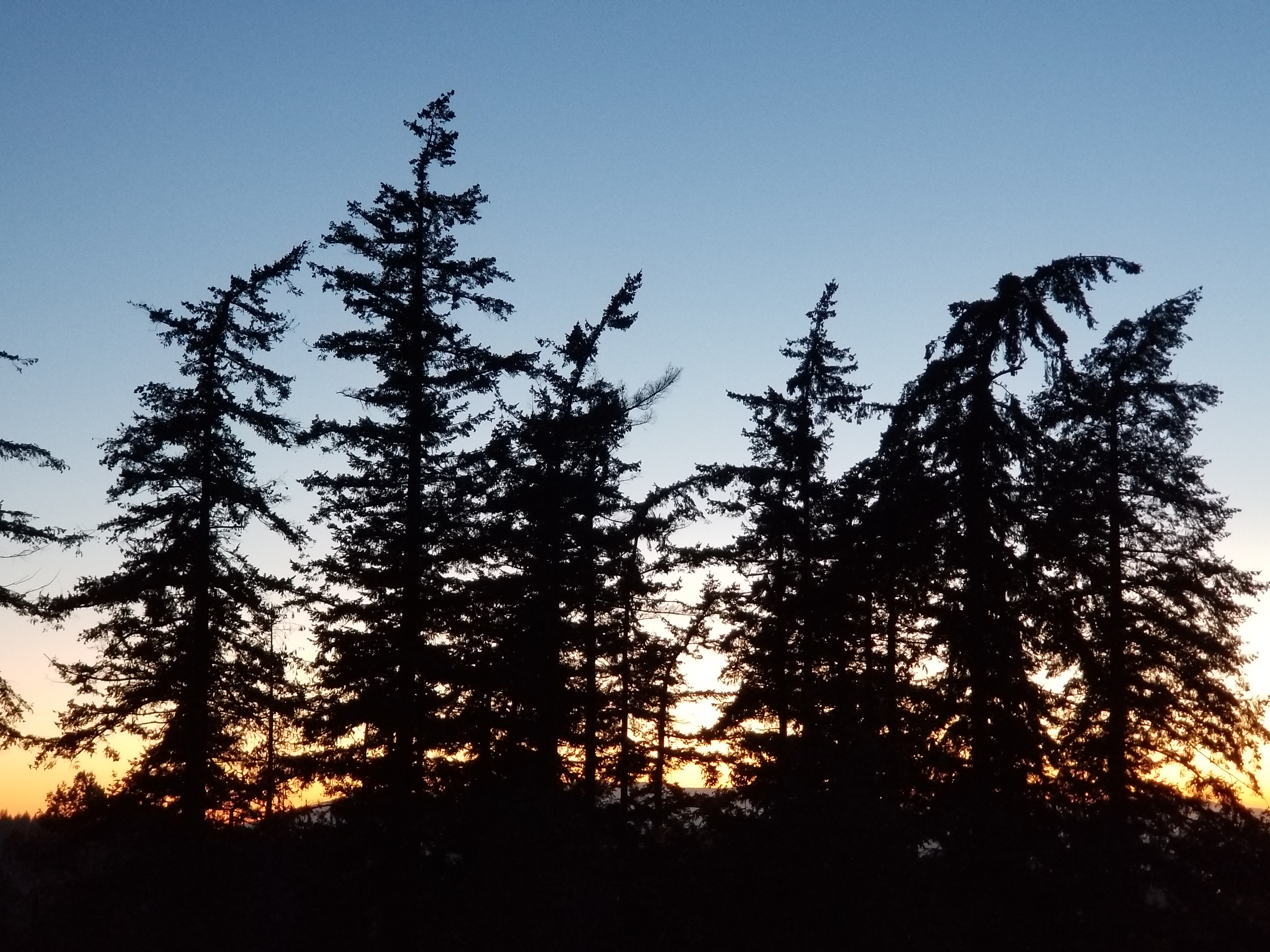Links/Articles/Archived stories from our old site
Read some of the important stories affecting our world and our environment.
The call to action is now.
Be part of the Force for positive change.
Enviro4orce.
Amazon rainforest fire burning at ‘record rate’ as smoke blocks out sun in Brazil
Most of the fires are in the Amazon basin, which is home to about three million species of plants and animals, and one million indigenous people.
The rainforest is known as the the “lungs of the planet” because it provides the vital role of absorbing planet-warming carbon dioxide, and produces more than 20% of the Earth’s oxygen.
Brazil Official Is Ousted After He Reports Rising Amazon Deforestation
BRASÍLIA—Brazil’s government ousted the chief of the agency that tracks deforestation after President Jair Bolsonaro accused him of lying about rising levels of Amazonian destruction.
Record levels of deforestation in Peruvian Amazon as gold mines spread
In the past two years alone, more than 184 square kilometers (70 square miles) of forest have been destroyed in southern Peru, according to the analysis by the Monitoring of the Andean Amazon Project (MAAP).
3 Ways Forests Can Solve the World’s Water Crises
For some of the world’s most pressing water questions, the answer is in nature.
Clean, plentiful water depends on healthy surrounding natural systems such as forests. Much of the world’s water is filtered through forested watersheds, which improve water quality and protect water supply.
Healthy protected forests are a haven for a myriad of insects which are critical to a healthy environment.
Plummeting insect numbers ‘threaten collapse of nature’
More than 40% of insect species are declining and a third are endangered, the analysis found. The rate of extinction is eight times faster than that of mammals, birds and reptiles. The total mass of insects is falling by a precipitous 2.5% a year, according to the best data available, suggesting they could vanish within a century.
Protesters rally against logging of old-growth rainforests on Vancouver Island
“We want [the province] to know our old-growth forests are in crisis and we want them to stop logging old growth,”
The contiguous United States just lost its last wild caribou
Conservationists also fear removing caribou from the wild will ultimately lead to the lifting of protections for its habitat, especially if the animals never return. Both British Columbia and the United States have identified and protected large areas of “core habitat” for mountain caribou. But adjacent lands, especially in British Columbia, have continued to be heavily logged, contributing to caribou declines.
Healthy Forests are part of a food chain which extends far beyond the land and the trees.
A Starfish-Killing Disease Is Remaking the Oceans
Land-living animals face the same double whammy. While the sea stars were disintegrating, on the other side of the world two-thirds of the world’s population of saiga—a bulbous-nosed Asian antelope—dropped dead. They died without warning, in a few days, over an area the size of Florida.
Trees are sanctuaries. Whoever knows how to speak to them, whoever knows how to listen to them, can learn the truth. They do not preach learning and precepts, they preach, undeterred by particulars, the ancient law of life.
20-year reforestation project of over 2.7 million Trees Captured by Brazilian Photographer
In the 1990’s, a photographer in brazil decided to kick a project off that would soon revitalize a barren land back into a lush forest.
Humanity has wiped out 60% of animal populations since 1970, report finds
Humanity has wiped out 60% of mammals, birds, fish and reptiles since 1970, leading the world’s foremost experts to warn that the annihilation of wildlife is now an emergency that threatens civilisation.
The new estimate of the massacre of wildlife is made in a major report produced by WWF and involving 59 scientists from across the globe. It finds that the vast and growing consumption of food and resources by the global population is destroying the web of life, billions of years in the making, upon which human society ultimately depends for clean air, water and everything else.
“We are sleepwalking towards the edge of a cliff” said Mike Barrett, executive director of science and conservation at WWF. “If there was a 60% decline in the human population, that would be equivalent to emptying North America, South America, Africa, Europe, China and Oceania. That is the scale of what we have done.”
